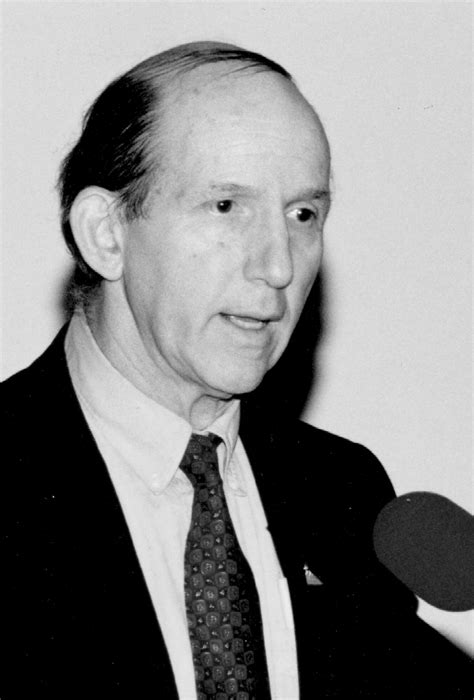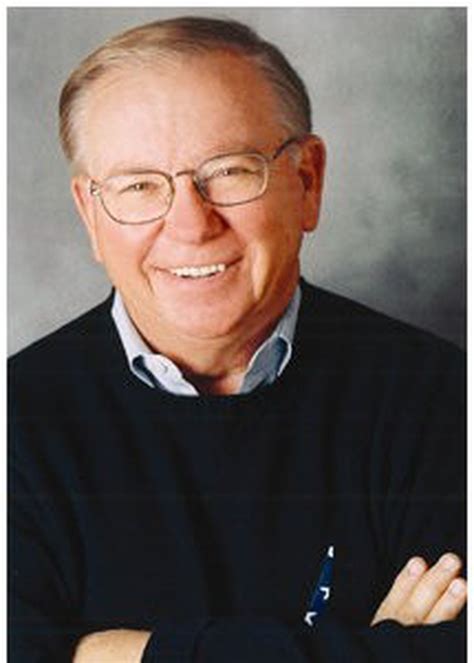A Quote by Jeff Hawkins
If you look at the history of big obstacles in understanding our world, there's usually an intuitive assumption underlying them that's wrong.
Related Quotes
We have lived our lives by the assumption that what was good for us would be good for the world. We have been wrong. We must change our lives so that it will be possible to live by the contrary assumption, that what is good for the world will be good for us. And that requires that we make the effort to know the world and learn what is good for it.
If you want to understand what's going to happen, you can't look in the rearview mirror into the United States' history, because that's done now. You have to look out at the rest of the world and look at the history of the rest of the world, and what you'll see is demonstrations and counter-demonstrations are going to become the norm. We'll have a big march, then they'll have a big march, we'll have a big rally and they'll have a big rally. That will be one of the features. Again, a pro-regime and pro-opposition media system, that will become a feature.
We need to take a less narrow look at our children’s problems and, instead, see them as windows of opportunity—a way of exploring and understanding all facets of our children’s development. If we can understand the underlying developmental process, we can see a child’s struggles as signs of striving toward growth instead of chronic problems or attempts to aggravate adults.
The narrative fallacy addresses our limited ability to look at sequences of facts without weaving an explanation into them, or, equivalently, forcing a logical link, an arrow of relationship, upon them. Explanations bind facts together. They make them all the more easily remembered; they help them make more sense. Where this propensity can go wrong is when it increases our impression of understanding.
With this book in my hands, reading aloud to my friends, questioning them, explaining to them, I was made clearly to understand that I had no friends, that I was alone in the world. Because in not understanding the meaning of the words, neither I nor my friends, one thing became very clear and that was that there were ways of not understanding and that the difference between the non-understanding of one individual and the non-understanding of another created a world of terra firma even more solid than differences of understanding.





































